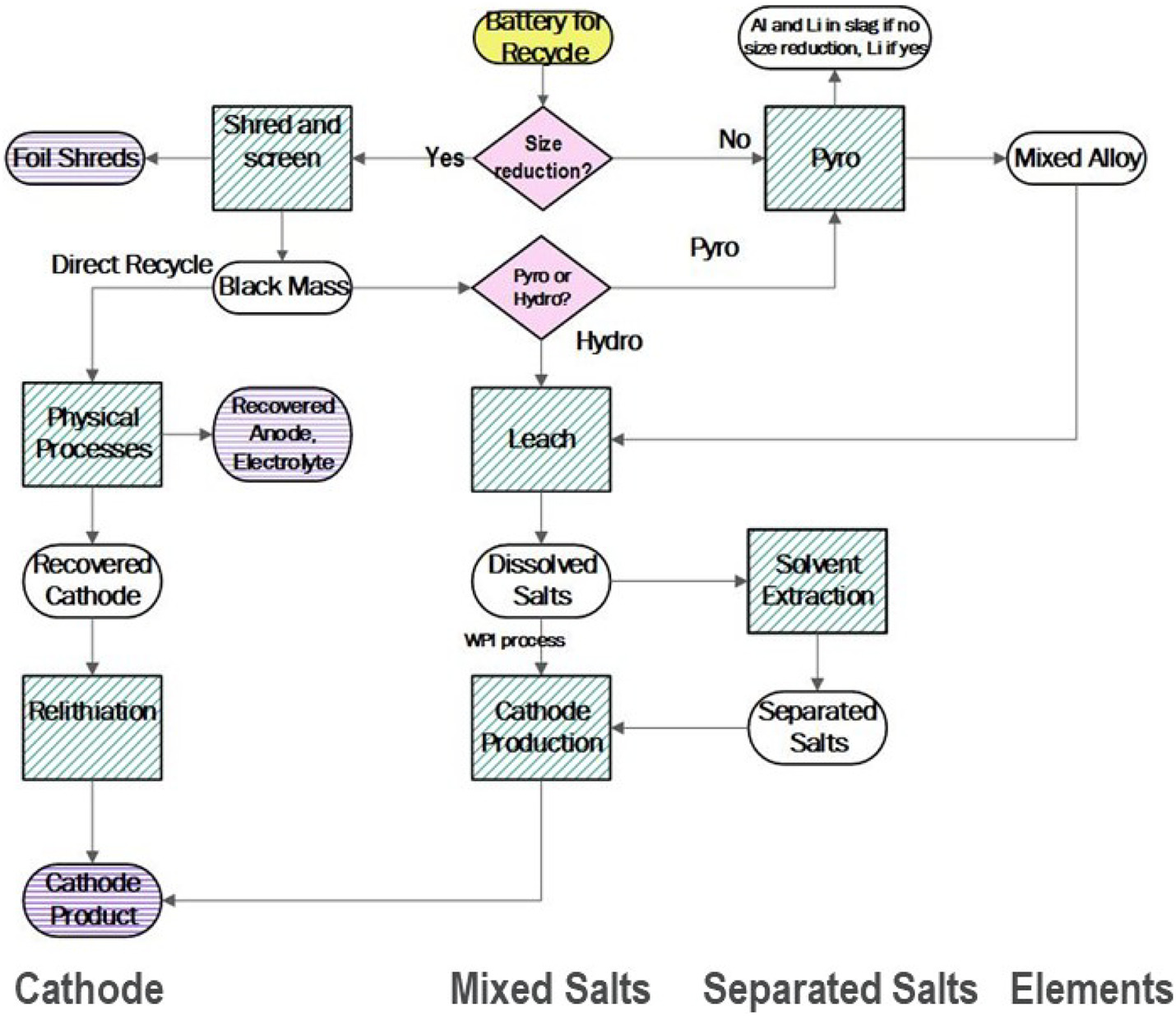There is a need to develop technology to enable a resource-efficient and economically feasible recycling system for lithium-ion batteries and thus assure the future supply of the component materials. Lithium-ion batteries are complex products, and designs and materials are still evolving, which makes planning for future recovery more challenging. Several processes for recycling are proposed or operating, and each has advantages and disadvantages. This paper compares these processes on technical and economic bases, elucidating differences in benefits as a function of cathode composition.
Green Ports: Inland and Seaside Sustainable Transportation Strategies, Volume , 20 September 2018
Environmental Psychology and Human Well-Being, Effects of Built and Natural Settings, 2018, Pages 365-386
This viewpoint emphasizes gendered perspectives and reflects on gender roles for sustainability-focused governance. It argues that when considering gender in this context, not only equity, or power-plays between genders are at stake; in addition, for effective ocean governance, an irreducible contribution of female voices is necessary. Some key contributions of women in the field of ocean governance-related research are described as examples. If women, for instance, are not included in fisheries management, we miss the complete picture of social-ecological linkages of marine ecosystems.


